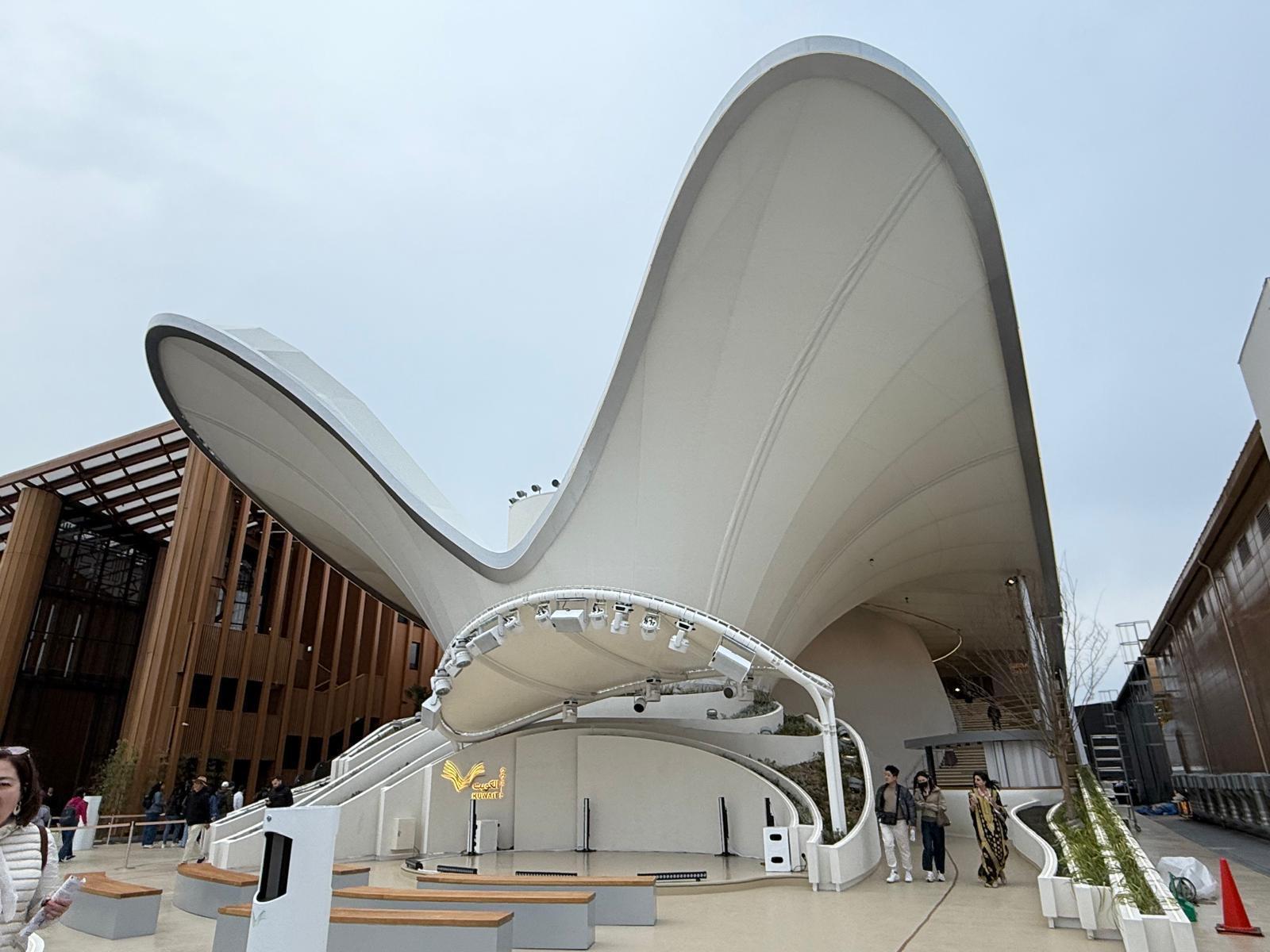
An Innovative Interactive Pavilion Reflecting a Forward-Looking Vision that Blends Heritage and Modernity:
The State of Kuwait Pavilion at Expo 2025 Osaka – Japan Receives Widespread Acclaim from Visitors and Participants
Dr. Al-Qattan on the Significance of Kuwait's Pavilion:
Reflects strategic integration between public and private sectors
Aims to achieve the goals of Kuwait Vision 2035
Offers a live, multi-sensory interactive experience for visitors
Presents a comprehensive architectural journey conveying cultural and civilizational messages
Enhances Kuwait’s standing in the global architectural arena
Features a contemporary design rooted in Kuwaiti cultural identity
As part of the ongoing activities of Expo 2025 in Osaka, Japan, Dr. Emad Al-Qattan and Dr. Sarah Al-Mudhaf, faculty members from the College of Architecture at Kuwait University, represented the State of Kuwait through an innovative interactive pavilion that embodies a forward-looking vision merging tradition with modernity.
Dr. Al-Qattan had a prominent presence at the event, where he spoke about the pavilion’s significance and the unique experience it offers. He stated that the Kuwaiti pavilion reflects the strategic integration between government and private sectors, aligning with the national development objectives outlined in Kuwait Vision 2035.
He highlighted that the pavilion is distinguished by its interactive nature, providing a dynamic, multi-sensory experience that captivated visitors and served as a focal attraction at the Expo. He noted that the design is not merely a visual display, but rather a comprehensive architectural experience that effectively conveys Kuwait’s cultural and civilizational narratives in a modern and engaging manner.
Dr. Al-Qattan emphasized that this experience contributes to strengthening Kuwait’s presence on the global architectural stage and opens new avenues for future collaboration among educational institutions, governmental bodies, and the private sector—particularly in the areas of design, creativity, and innovation.
He also noted that Kuwait’s participation in Expo 2025 represents a qualitative step toward integrating academics and practitioners in nationally significant international projects, contributing to building cultural and intellectual bridges between Kuwait and the world.
The pavilion received widespread praise from both visitors and participating entities for its interactive content and advanced design vision, which aligns with future aspirations and showcases the spirit of national collaboration at its finest.


 Colored
Colored Grayscale
Grayscale

